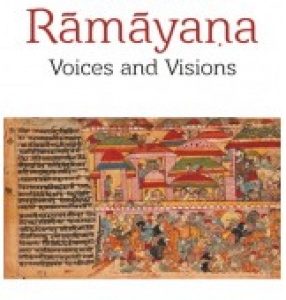
Avadhesh Kumar Singh

Showing all 10 books

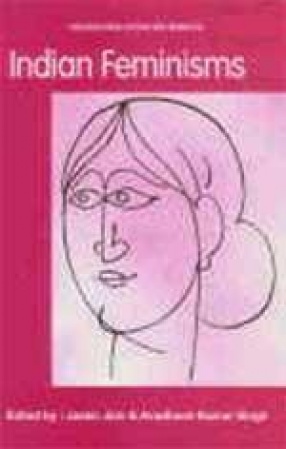
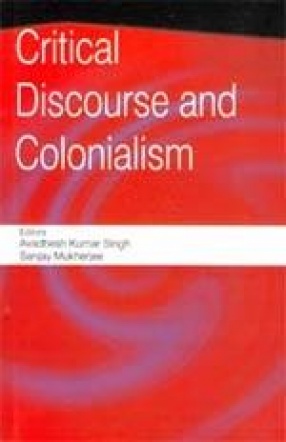
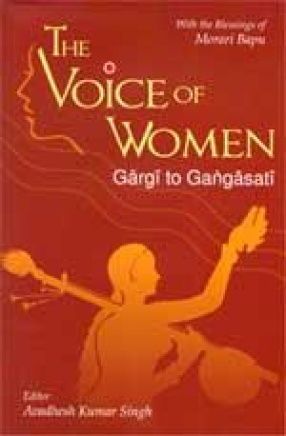

Valmiki Ramayana, the first kavya (poetic composition) and the first mahakavya (epic) of the world, is an inexhaustible fountain of culture and knowledge. It has impacted infinite minds and souls in India and abroad, and continues to inspire and engage creative and critical minds, and will remain so for the ages to come.
Ramayana, along with standardizing Ramakatha, transcends history, geography and binaries of mode of thinking. Its appeal may be discerned from ...
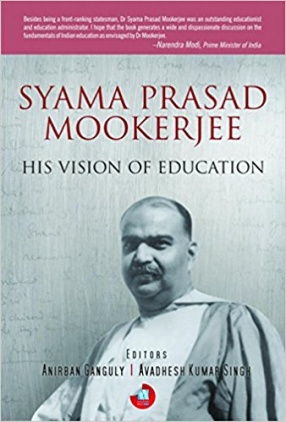
Syama Prasad Mookerjee was an academician, administrator and educational thinker, as may be discerned from his life-long engagement with education and discourses on education that he delivered on various occasions in the last two decades of his life in particular. Ironically, his contribution to domains beyond politics remains unacknowledged and a serious and vigorous consideration of his educational views and vision still eludes us to an extent that they are not ...
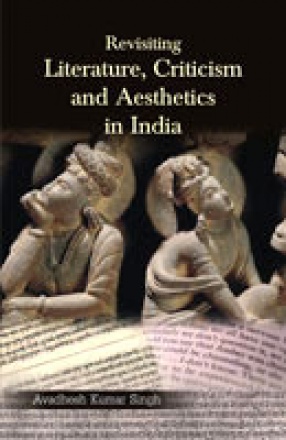
The declining decades of the 20th century witnessed discussion of various issues pertaining to colonialism, postcolonialism, literary criticism and aesthetics in India. The present book in its four parts Word, World and Perception, Colonialism and After, Literature and Theorizing in India, and Criticism and India deals with them and ancillary issues; and in the process of revisiting them not only critiques their constructs but also proposes alternative constructs ...

The present volume, Indian Feminisms, brings together creative writing – short stories and poems – interviews, critical interventions by creative writers, theoretical formulations, chronicles of women’s history, essays on autobiographies, dalit writing and analyses of socio-political conditions. It reflects the complexity and variety of a woman’s life. There are thematic and theoretical studies and essays which explore histories of language literatures as ...

In the present post-modernist age, relations between the ‘centre’ and the ‘periphery’ are being redefined. The works by and on the marginalized elements of our society such as minorities, women and tribals therefore deserve to be studied afresh and in depth. The studies contained in the present volume show that Indian English literature can prove to be a reliable barometer of human response to social forces and their effects. They also prove a helpful ...
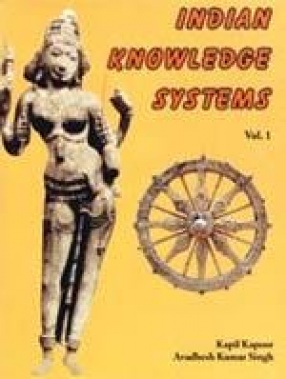
India has continuous and cumulative intellectual traditions in many domains of knowledge. this tradition has its beginning in the Rgveda, the first attested Indo-European document, and continues to be alive in the life, practices and learning of the Indian people. The power and pertinence of knowledge systems in this tradition are attested by the existence of innumerable texts and thinkers that continue to b e the subject of study in major contemporary ...
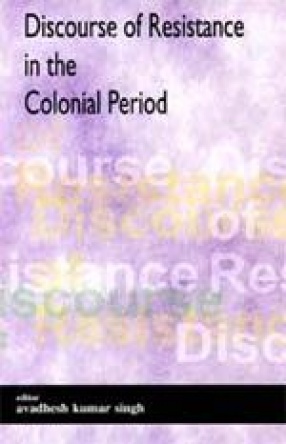
Colonial encounter remains one of the most contested terrains in human history, more so in case of India because India was a diverse and uneven space for colonizers. As a consequence, the strategies of the colonizers varied from state to state, and from region to region. It accounted for varied responses to the colonial presence in India indifferent Indian languages and even within one particular language. The present volume contains papers by distinguished ...

Colonialism, apart from being a political and civilisational encounter, was a confluence of different knowledge systems, literary and critical discourses. A synthesis of Western/English and Indian-Sanskrit/Bhasa critical discourses took place in the colonial period of India. Keeping the significance of this synthesis in view, the present volume puts together select articles from Indian puts together select articles from Indian English, Hindi and Gujarati ...
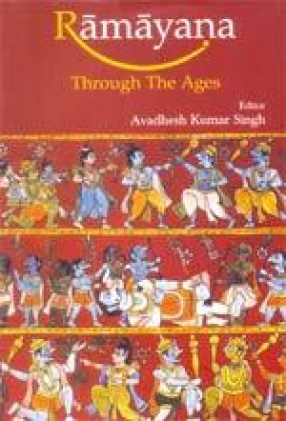
The long and continuous tradition of Rama-Katha existed in many folk and oral forms before Adikavi Valmiki composed it in Sanskrit in written form as the Ramayana, "a book of divine harmony . . . a bottomless and shoreless ocean of love, piety and clemency." The subsequent centuries witnessed composition of Ramayana in many Indian languages like Tamil, Malayalam, Bengali, Assamese, Hindi, Kashmiri, Gujarati and Marathi among others. These versions share ...

This volume comprises articles that examine the contribution of women saints from India and abroad as well. The articles discuss the origin of bhakti, the Bhakti Movement, and Bhakti/saint poetesses like Rsika Gargi, theris, Andal, Lal Ded, Akka Mahadevi, Mirabai, Gangasati, Tarigonda Vengamamba, Janabai, Bahinabai, Madhabi Dasi, Hildegard of Bingen, and Julian of Norwich from different regions and religions. Their contribution constitutes a rich ...
